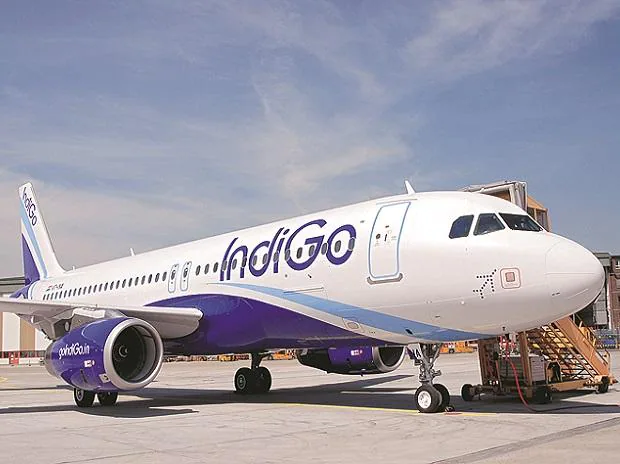Are you planning to jet off for a vacation? Then you might have to shell out more from your pocket. Or, are you set for a business trip? Then the duration of your stay might get shorter.
Why? You ask. As most us are too restless to stay put at home after a prolonged restriction on movement during the pandemic.
Here’s why. SpiceJet boss Ajay Singh on Thursday warned of an increase in airfares as jet fuel prices have shot up by almost 16 per cent. Prices of Aviation Turbine Fuel, or ATF in short, have been hiked to Rs 141,232.87 per kilolitre in Delhi. Why are we telling you this specific number? Because it is an all-time high.
On top of this, a weakening rupee has doubled the challenge for airlines because key cost items like fuel, maintenance, lease rentals, and overhaul costs are billed in US dollars. ATF prices account for 40 per cent of an airline’s cost, and these have increased by close to 55 per cent since 1st January.
Ajay Singh has said that domestic airlines have been left with little choice but to raise fares immediately and that a minimum 10-15 per cent increase is required.
But there is obviously a catch. Airlines are concerned that any increase in fares could lead to a decline in passenger numbers. With two previous rounds of fare hikes, there has already been a decline in passenger numbers from 407,975 fliers on 17th April to 339,175 on 14th June.
The impact is being felt. IndiGo, the market leader, posted a loss of Rs 1,681 crore in Q4FY22 as it took a severe hit due to the rise in jet fuel prices and higher exchange rate.
The fates of the airline, travel and tourism, and hospitality industries are intertwined. So, how will the upcoming fare hike affect them?
Gaurav Patwari, Vice-President- Air, at Cleartrip told Business Standard that there wasn’t much impact in the last 2 months of summer holiday season. But, the impact was more prominent now as bookings were slowing down, he said.
Meanwhile, luxury bespoke travel is back in a big way and companies catering to the niche segment are witnessing demand that is higher than pre-Covid levels.
The demand centres around exotic locations like the Arctic and Antarctica, as well as cruises and domestic road trips to Lahaul and Spiti Valley and Ladakh. Another interesting format is road trips in foreign countries like Turkey or drives that cover routes in Jordan, Morocco, Oman and Kyrgyzstan. The well-heeled customers in these cases might not be swayed by price movements.
Apparently, it will be tough time for the budget travelers. But a hike in airfares may not have an adverse effect on tourism and hospitality sector. However, it is worth asking: Could that change if such hikes coincide with an increase in prices across the hospitality sector too?
Dear Reader,
Business Standard has always strived hard to provide up-to-date information and commentary on developments that are of interest to you and have wider political and economic implications for the country and the world. Your encouragement and constant feedback on how to improve our offering have only made our resolve and commitment to these ideals stronger. Even during these difficult times arising out of Covid-19, we continue to remain committed to keeping you informed and updated with credible news, authoritative views and incisive commentary on topical issues of relevance.
We, however, have a request.
As we battle the economic impact of the pandemic, we need your support even more, so that we can continue to offer you more quality content. Our subscription model has seen an encouraging response from many of you, who have subscribed to our online content. More subscription to our online content can only help us achieve the goals of offering you even better and more relevant content. We believe in free, fair and credible journalism. Your support through more subscriptions can help us practise the journalism to which we are committed.
Support quality journalism and subscribe to Business Standard.
Digital Editor










